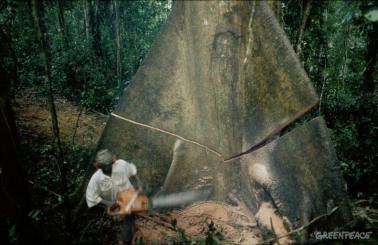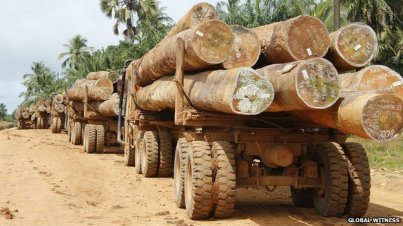In a recent agreement, Liberia is to become the first African nation to stop cutting down it’s trees in return for development aid.
Norway will pay the country £91.4m to stop deforestation by 2020. There were fears that the Ebola Virus would result to an increased amount of logging in a country desperate for cash, with a current gross domestic product per capita of 454.34 USD.
It is thought that this is to have a significant environmental impact on the country, with a decreased CO2 count, as well as endangered species being protected, such as western chimpanzees, forest elephants and leopards.
Since the Civil War ended in 2003, illegal logging has become heavily practiced. In 2012, President Ellen Johnson Sirleaf attracted international criticism when she handed out licences to companies to cut down 58% of all the primary rainforest left in the country. This was a desperate attempt at raising money, in order to decrease the amounting national debt of 44.9% of the countries GDP. After protests by organisations such as Greenpeace, many of those permits were cancelled.
Liberia is now to refrain from issuing any new logging concessions until all existing ones have been reviewed by an independent body. The country has agreed to place 30% or more of its forest estate under protected area status by 2020. It will also inject money into communities in return for protecting the forests.





